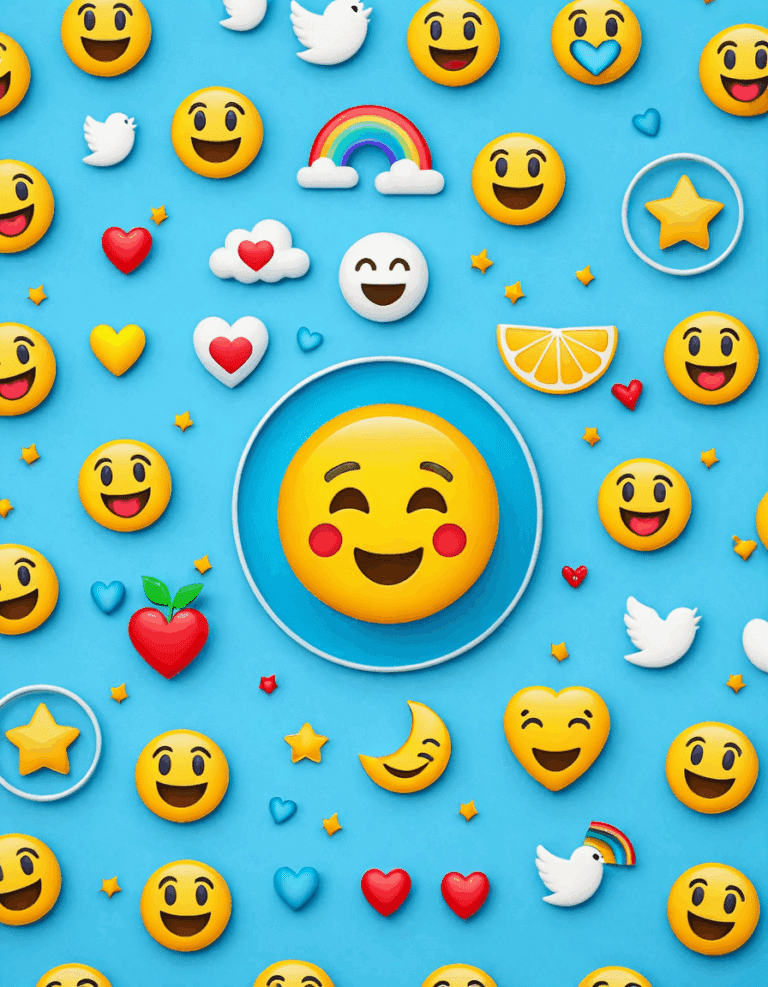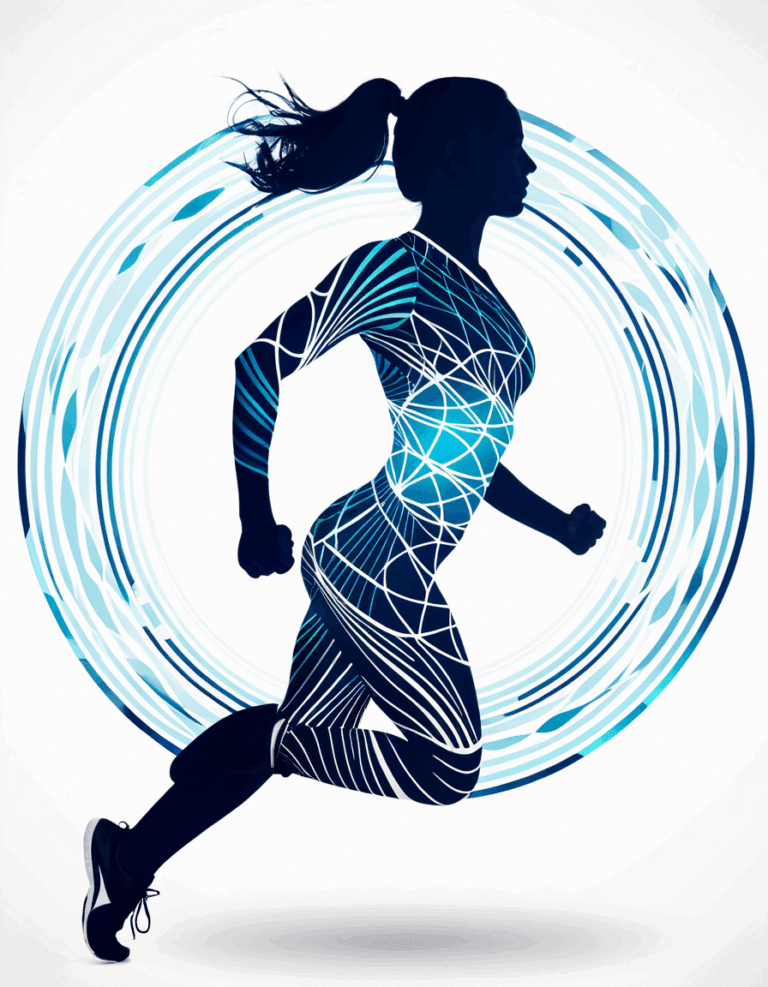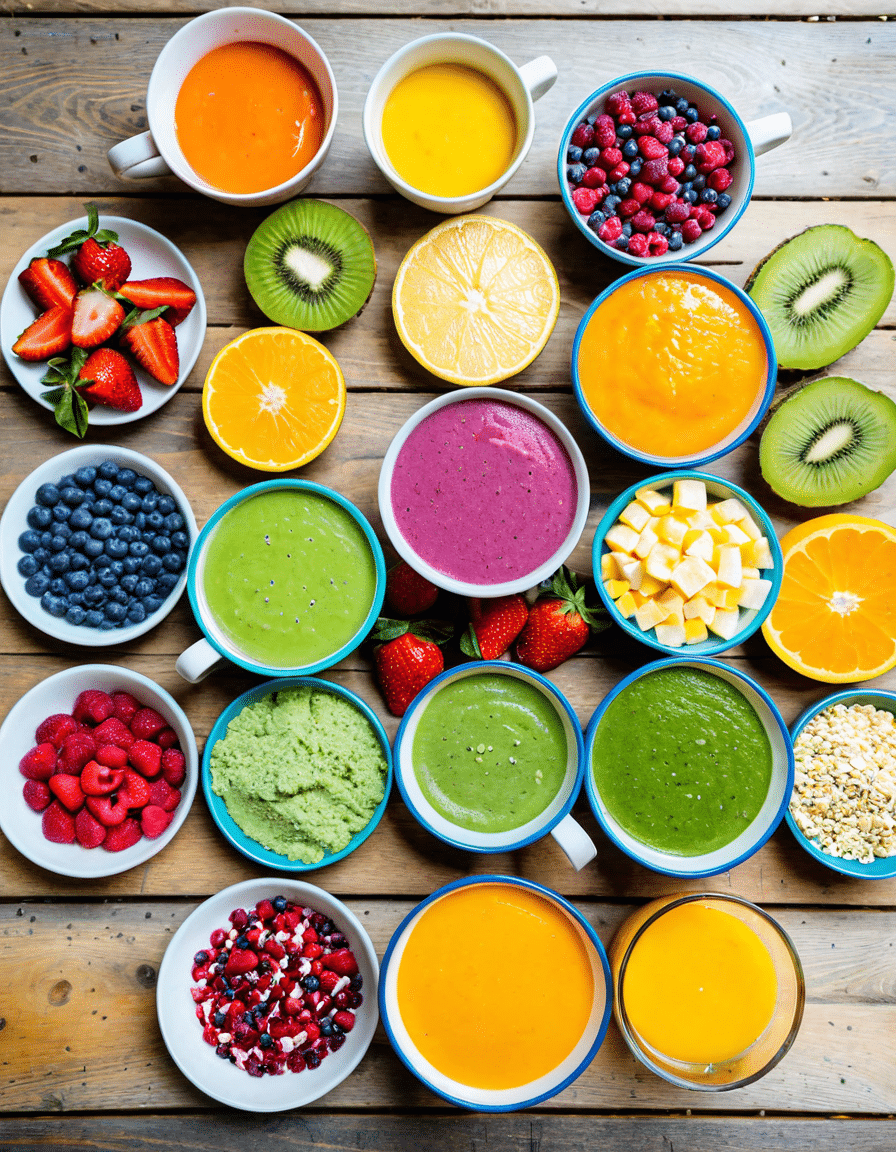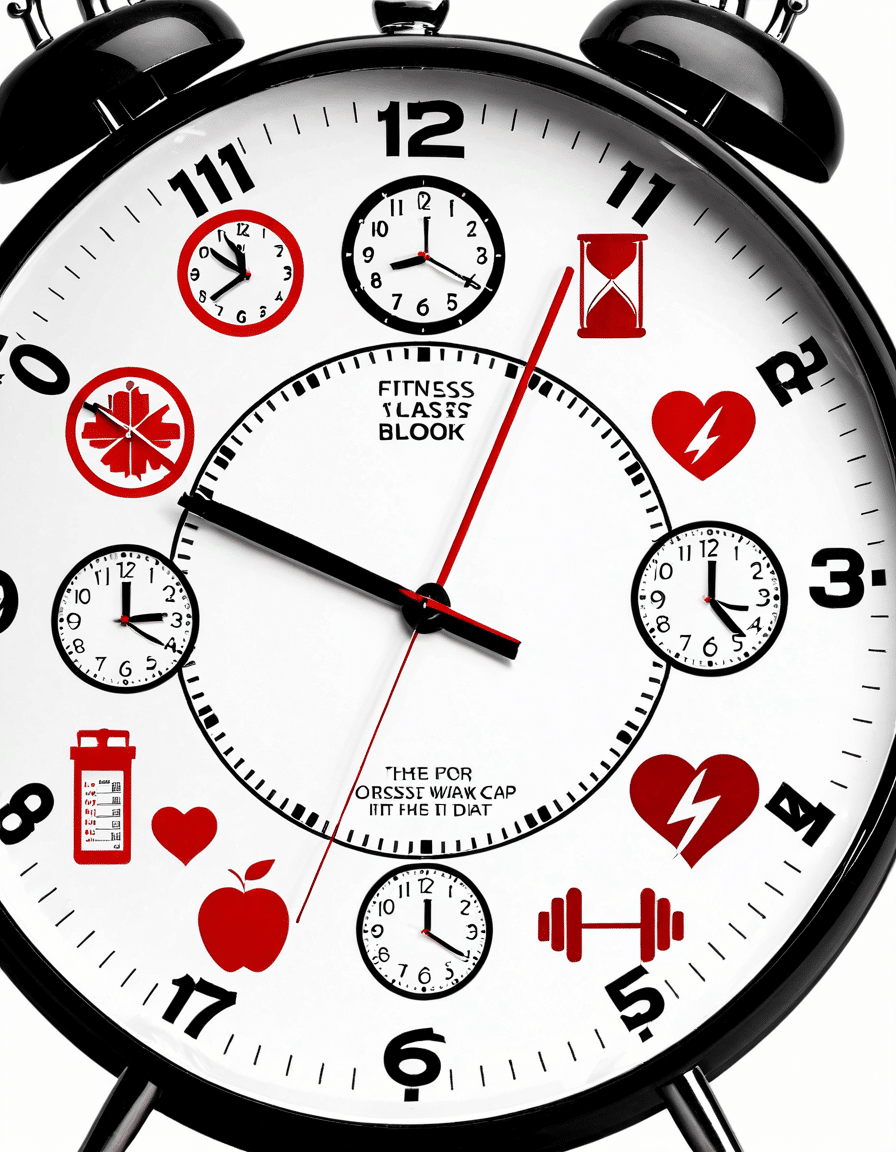Understanding angst meaning is crucial in a world filled with uncertainty and anxiety. Derived from the German word referring to “fear” or “anxiety,” it signifies a profound sense of emotional turmoil and existential dread. That feeling resonates deeply, especially in individuals facing stress and pressure—from the struggles of daily life to the overarching challenges posed by society. Today, we’ll explore how angst shapes our lives and motivations, igniting not just discomfort but also growth, creativity, and a quest for connection.

Understanding Angst Meaning: A Deep Dive
So, what is angst meaning? It’s not just a fleeting emotion; it’s a state of mind that can influence decision-making and personal relationships. In recent years, our collective angst has surged, fueled by factors such as social media, political unrest, and ongoing global challenges. People are more aware of the significance of angst, and it’s crucial for our understanding and empathy toward each other.
Feeling angst offers a lens through which to view the human experience. It’s not just about being anxious—it’s about grappling with the big questions in life. Why are we here? What defines our identity? When we dig into angst, we realize it invites us to look beyond the surface and confront those sometimes uncomfortable feelings and truths.
This exploration can lead to meaningful dialogue and ultimately to empowerment, especially when we approach our challenges with an open heart and mind. Much like the way you push through the pain in the gym, facing your mental obstacles can lead to amazing growth.

The Top 6 Ways Angst Shapes Our Lives
Angst has significantly influenced art and music. For example, the grunge movement of the 1990s, represented by bands like Nirvana and Pearl Jam, erupted from themes of disillusionment. These artists channeled feelings of alienation into their work, allowing a generation to express their angst through powerful lyrics and raw melodies. This movement wasn’t just music; it served as a voice for countless individuals navigating their turbulent emotions.
Recent years have seen a rise in mental health discussions, largely thanks to collective angst. Influential figures like Simone Biles have opened up about their struggles, encouraging us all to recognize and address feelings of anxiety. Mental health has become a focal point in society, transforming how we view our emotional well-being and emphasizing the importance of seeking help when needed.
Platforms like Twitter and Instagram have amplified feelings of angst. Young people vocalize their existential crises through memes and posts, finding a sense of community in shared experiences. Hashtags like #GenZAngst highlight this phenomenon, sparking conversation about anxiety and fostering support. Social media enables people to express their feelings publicly, which, for some, becomes a healing process.
Navigating identities, such as enby (non-binary) and wlw (women-loving-women), often brings feelings of angst. As individuals forge their identities, they may experience anxiety about acceptance and understanding in a society that can feel restrictive. Having discussions around these identities encourages broader acceptance, allowing individuals to embrace who they are without fear.
Conditions like ARFID (Avoidant/Restrictive Food Intake Disorder) showcase how angst can manifest physically. Fear surrounding food can profoundly impact self-image and well-being. Addressing these feelings, particularly within therapeutic environments, is essential. The societal pressure to conform to specific body standards only amplifies this angst, making it more vital to prioritize mental health and nutrition in our lives.
Recognizing the anxiety connected to one’s sexuality—whether hetero (heterosexual), cisgender, or otherwise—is vital in shaping personal experiences. Those navigating their sexual identities often feel deep angst surrounding acceptance. Public figures like Laverne Cox and Troye Sivan have taken significant steps towards visibility and inclusivity, paving the way for discussions that normalize these feelings.
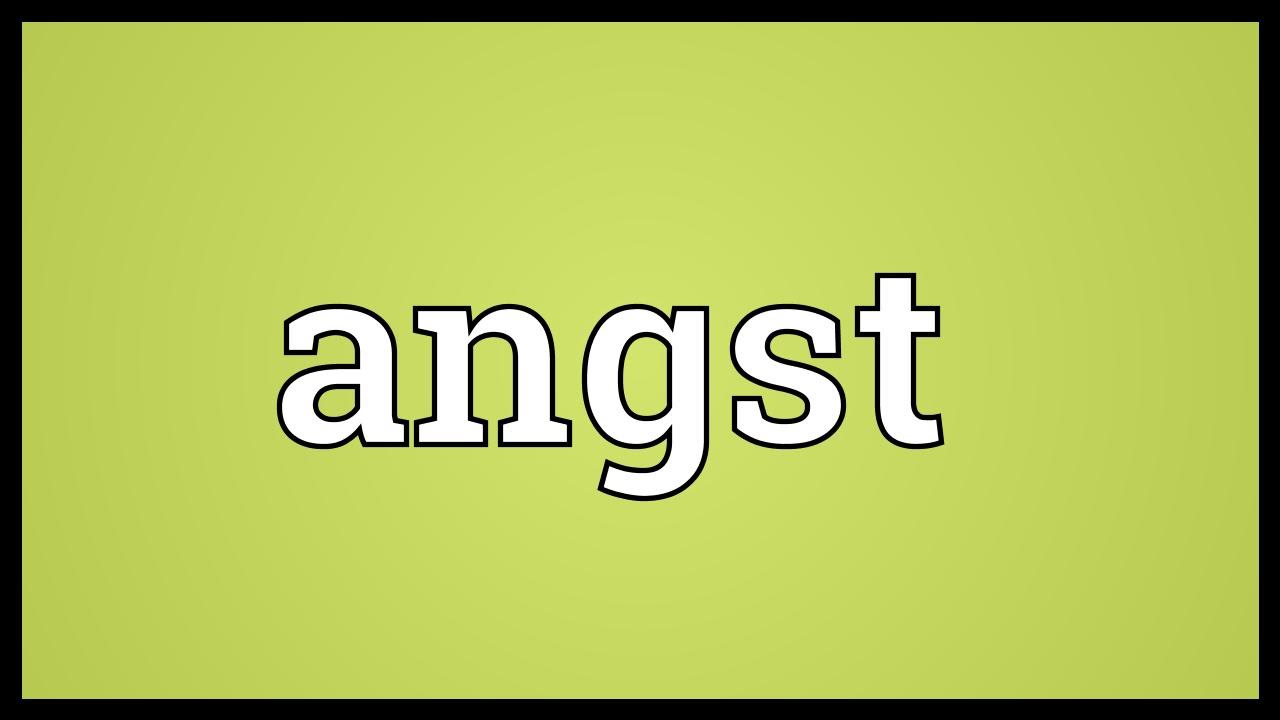
The Ripple Effects of Angst on Relationships
Angst doesn’t only affect individuals; it seeps into our connections with others. Many couples deal with the emotional burden when one partner experiences existential dread. Research by the American Psychological Association highlights that relationship satisfaction often hinges on a mutual understanding of emotions like angst. Couples who communicate about their emotional experiences can strengthen their bonds.
However, unresolved angst can lead to miscommunication and distance. A person overwhelmed with anxiety may withdraw, causing their partner to feel neglected. Making a habit of discussing angst can promote emotional intelligence in relationships, fostering security and empathy.
The key to overcoming these hurdles lies in honest communication. When partners share their struggles, they not only create a supportive environment but also cultivate a deeper emotional connection.

Shifting Perspectives on Angst in Society
Society’s view of angst is shifting. The stigma surrounding mental health is slowly fading thanks to ongoing advocacy. Artists and influencers like Billie Eilish have shared their battles with angst, making these feelings more acceptable to discuss. This openness helps dismantle taboos and provides validation for those experiencing similar feelings.
Similarly, creative expressions—movies, literature, and even music—are embracing themes of angst. Stories like “The Bell Jar” by Sylvia Plath and films like “Eighth Grade” provide candid representations of the struggles faced by young individuals. By including these narratives, society can deepen the conversation surrounding mental health and existential fears, encouraging empathy and understanding.
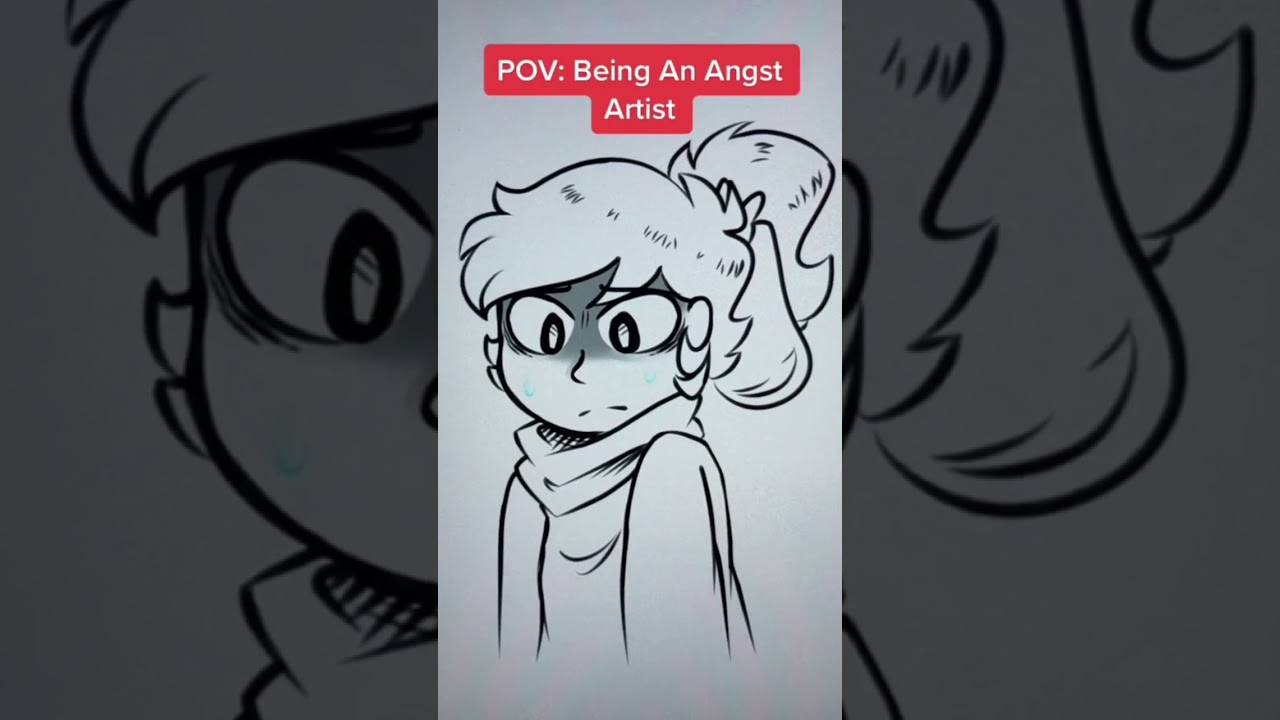
Embracing Angst: A Path to Empowerment
Exploring angst doesn’t have to be all doom and gloom. Recognizing it as a catalyst for change can lead to personal growth. Instead of viewing angst as a negative force, we can transform it into motivation. Engaging with feelings of dread through therapy, support groups, and creative outlets can foster empowerment.
In a world filled with uncertainty, embracing angst helps us connect with ourselves and others on a more profound level. By redefining our relationship with angst, we lay the groundwork for emotional resilience. Acknowledging these tougher emotions not only leads to deeper self-awareness but also fortifies our connections with others.
Next time you’re feeling that nagging sense of angst, remember—it’s not just a weight to bear. It’s an invitation to grow stronger. With each challenge we tackle—be it in fitness or mental health—we’re on a path toward a more authentic and enriched existence.
In the pursuit of physical greatness, acknowledge the angst meaning—it’s a shared experience for many striving for more, both in life and in the gym. In the journey to get shredded and gain muscle, turn that angst into fuel. Transform challenges into victories and keep moving forward!
As you power through your workouts and face the day, remember that understanding angst can provide clarity. It allows for personal growth and leads to a community that uplifts rather than isolates. So, embrace it, and channel it into becoming the best version of yourself—both inside and out.
Angst Meaning and Its Intriguing Trivia
What’s in a Word?
So, what’s the deal with angst meaning? The term itself hails from the German language, representing a deep-seated feeling of anxiety or dread. It’s fascinating how a single word can encapsulate a whole spectrum of emotions. In pop culture, angst has been a driving force for many artists, from musicians to filmmakers. Take, for instance, the teenage characters played by someone like Karan Brar, who often exhibit that very angst, resonating with audiences who’ve navigated the choppy waters of adolescence. As life throws various challenges at us, including medical issues where one might even ponder about Protonix side effects, angst often serves as a backdrop to our decision-making processes and emotional responses.
The Ripple Effect of Angst
This feeling of angst can ripple through various parts of life. It’s not just confined to personal feelings but affects societal contexts as well. The angst meaning extends into literature, music, and art, illustrating how deeply it resonates in the human experience. Consider the high-stakes atmosphere of the NFL—teams often struggle with angst during crucial game weeks, reflecting in their performance and contributing to the ever-changing power Rankings Nfl fans eagerly follow. Just like every play counts, each moment of angst can shape our choices and relationships.
And let’s not forget how angst can manifest in unexpected ways, even in shifts in body chemistry. There are reports exploring the connections between medication, like Ozempic and side effects of suicidal thoughts, shedding light on how mental health is closely knit with our physical well-being. It’s amazing to think how something as simple as a word can stir emotions and provoke thoughts, sparking conversations around topics that are often paused until a fitting moment arises. So, whether you find yourself building your next LEGO masterpiece or pondering life’s meanings, the angst meaning can linger in the background, affecting your outlook.


